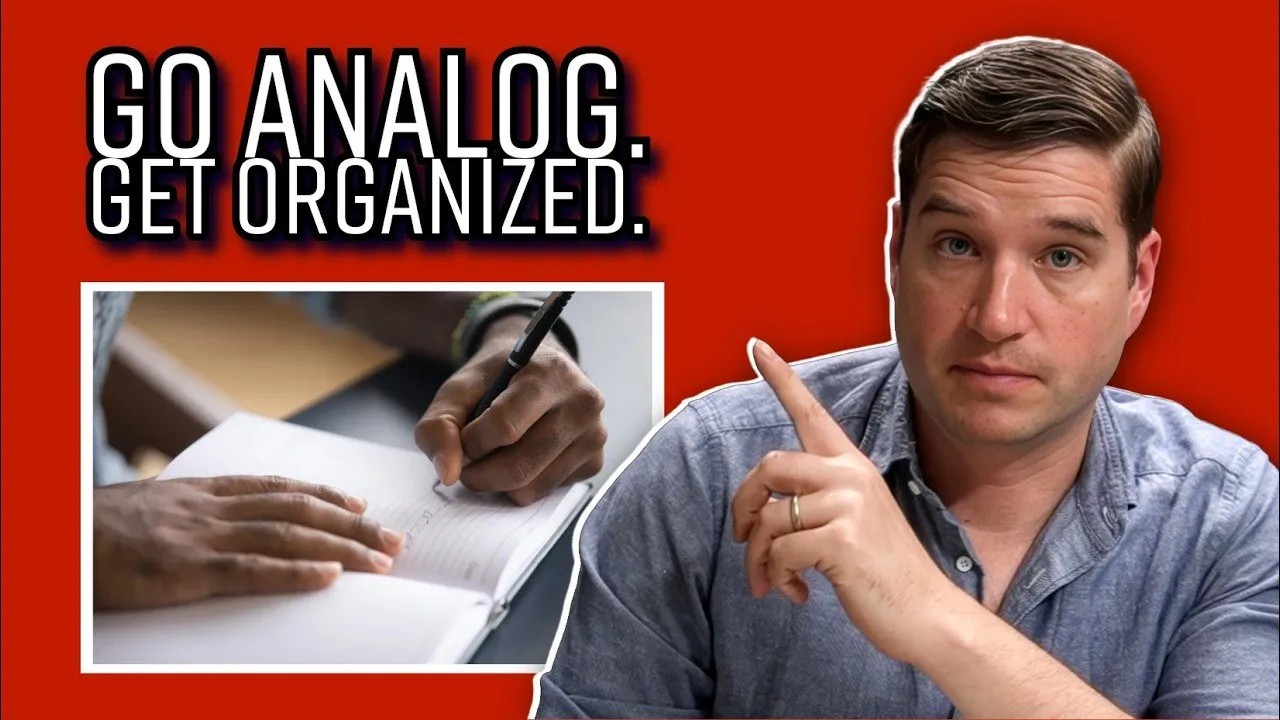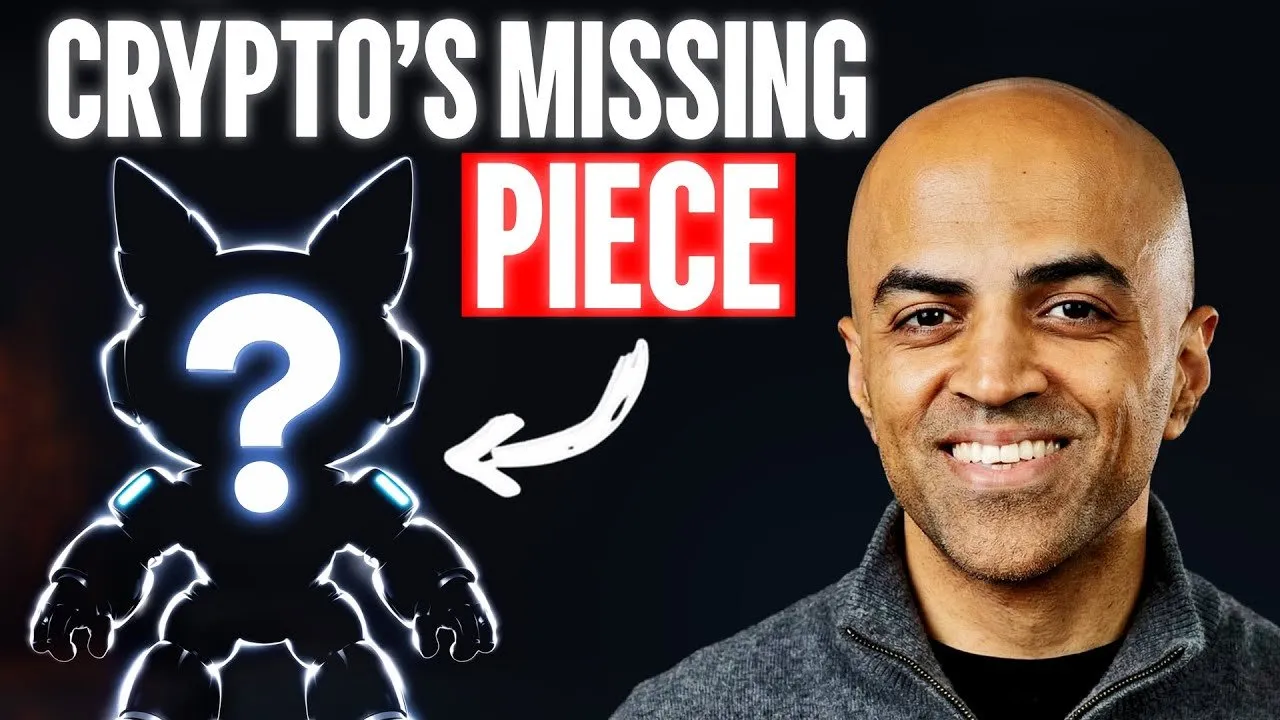Table of Contents
Billionaires are buying giga-yachts and New Zealand bunkers while ordinary Americans lose hope of upward mobility—here's what it means for our future.
Key Takeaways
- There are now over 170 "giga-yachts" worth half a billion dollars each, compared to just 10 in 1990
- Today's wealth concentration exceeds even the Gilded Age peak of 1913 when Rockefellers dominated
- Silicon Valley billionaires are building elaborate doomsday bunkers, many in New Zealand, anticipating societal collapse
- Pop stars like Rihanna and JLo now earn millions performing at private billionaire parties and weddings
- A baby born in 1940 had a 90% chance of out-earning their parents; today that's dropped to roughly 50%
- CEO-to-worker pay ratios jumped from 20-to-1 in 1968 to 350-to-1 today
- AI threatens to eliminate entire classes of white-collar jobs within months, not years
- Billionaire political donations increased 200-fold in 20 years, from $13 million to $3 billion per election cycle
- Some tech leaders believe we're heading toward either revolution, war, or confiscatory taxation
- The ultra-wealthy don't even call their massive vessels "yachts"—they're just "boats" to maintain quiet luxury
When Your Yacht Needs Its Own Yacht
Here's the thing about extreme wealth—it's gotten so extreme that even the ultra-rich are running out of ways to one-up each other. Evan Osnos stumbled onto this while reporting for The New Yorker, and what he discovered became his fascinating book "The Haves and the Have Yachts."
The numbers alone are staggering. In 1990, there were exactly 10 "giga-yachts" in the world—those floating palaces approaching 300 feet, roughly the size of a football field. Today? More than 170 of these half-billion-dollar monsters cruise the seas. And here's where it gets weird: the industry now calls regular superyachts "pocket yachts" because they've been dwarfed by these new leviathans.
One yacht owner perfectly captured the absurdity when talking to his considerably wealthy friend: "You and I both fly privately. We both have drivers, we both have chefs. The one way that I can signal to the rest of the world that I am in a different fucking category than you is the boat."
What's revealing isn't just the astronomical costs—it's the unspoken rules. Nobody who owns these vessels would ever call them "yachts." They're always just "boats," as in "We're going to be out on the boat in Indonesia in September. You really should pop over." The casual spontaneity is part of the power move, suggesting such complete control over your world that you can disappear for a week on short notice.
But here's what guests discover: you're not there to relax. You're entertainment. By day three, as one frequent yacht guest explained, you're completely exhausted because you're at the beck and call of the host, expected to provide insights from Wall Street or juicy Hollywood stories on command.
When Celebrities Become the Help
Something bizarre has happened in our cultural economy. We used to think of Rihanna, Jennifer Lopez, and Beyoncé as representing the pinnacle of wealth and success. Turns out, they're just very expensive entertainment for an even richer class.
The private gig market has exploded. Flo Rida, who earns about $4 million for U.S. private events and over $1 million overseas, performs at dozens of these each year. His most surreal experience? Getting hired for what he thought would be a typical bar mitzvah crowd, only to arrive on a superyacht off Sardinia to find three adults sitting quietly at a table, waiting for him to perform "Low" about apple bottom jeans.
The unsavory side gets dark quickly. Before Gaddafi's fall, his family hired 50 Cent, Mariah Carey, Usher, and Nelly Furtado for events. During the Arab Spring, while Gaddafi was unleashing forces on protesters, these artists scrambled to express regret and donate their fees to charity. But that didn't deter others.
Jennifer Lopez earned an estimated $10 million performing for dictators and oligarchs, including singing "Happy Birthday Mr. President" to Turkmenistan's repressive leader while wearing traditional local garb. When the video emerged, her spokesman claimed ignorance of human rights issues—which was almost more insulting than the original performance.
The Human Rights Foundation's president mordantly asked, "What's next stop on her tour, Syria?" But here's the cultural shift: if this happened today, would anyone even care? The world has shrunk, but our outrage has perhaps grown numb.
For working musicians, this represents survival more than sellout. When the last compact disc was sold (and nobody knew they were witnessing the end of an era), an entire livelihood model died. Musicians now make fractions of pennies from Spotify streams while streamers hold all the leverage. They've essentially returned to busking—they just happen to be busking in billionaire backyards in Mountain View.
The New Zealand Option: When the Ultra-Rich Plan Their Exit
What started as quiet conversations around dinner tables after 9/11 has evolved into a full-fledged industry. Wealthy Americans, particularly in Silicon Valley and Wall Street, began asking uncomfortable questions: If society falls apart, will we even be able to reach our private planes? And if we do, how do we know the pilot won't just take the plane for his family?
This therapeutic sci-fi planning became more elaborate. Steve Huffman, Reddit's co-founder and CEO, got laser eye surgery because he didn't want to depend on glasses or contacts during societal breakdown. "Without glasses, I'm fucked," he explained. "I've got guns and motorcycles and gold, and I think I could probably survive."
The same minds that imagine utopian technological breakthroughs also excel at envisioning dystopian scenarios. They're acutely aware that the technologies they're creating—social media platforms, AI systems—could eventually turn public sentiment against them.
For the ultimate escape, many chose New Zealand. What used to be called "the tyranny of distance"—being so far from everything—suddenly became a tremendous asset. Peter Thiel was an early adopter, checking out seismology and climate change implications. Others followed, keeping helicopters gassed up in San Francisco with underground filtration systems as backup plans before the final New Zealand retreat.
The preparation gets almost comically detailed. One Miami bunker owner explained his philosophy: when societal breakdown begins, most people will spend the first two days watching it unfold on cable news. "That's your first mistake. If you have already dedicated yourself to the belief that this is coming, that's when you go."
Some wealthy Americans have bought condos in decommissioned nuclear missile silos, complete with LED "windows" showing fake outside views—alpine vistas or Central Park scenes with birds chirping and car honking sounds. One resident had to redecorate his tropical-colored condo because the bright oranges and yellows were making everyone sick.
The Numbers Game: Why This Time Really Is Different
Defenders of extreme wealth often point to historical precedents—we've always had Rockefellers, Carnegies, and Vanderbilts. But the data tells a different story. We've now crossed into territory where wealth concentration exceeds even the Gilded Age peak of 1913.
In 1968, median CEOs at public companies made about 20 times what frontline workers earned. Today, it's roughly 350-to-1. Ten years ago, there were no centibillionaires in America—nobody had more than $100 billion. Now there are 15 people at that level. Elon Musk went from about $10 billion to at least $400 billion in a decade.
One archaeologist studying ancient civilizations offered sobering perspective: the people who built the pyramids lived in a less unequal society than we do today. We're genuinely asking whether Elon Musk might be richer than Tutankhamun—and it's not an unreasonable question.
But here's what matters more than absolute wealth: social mobility has collapsed. If you were born in 1940, you had a 90% chance of out-earning your parents. Today, that's dropped to roughly 50%. Millennials and Gen Z represent one of the first cohorts in America's 250-year history with no expectation of surpassing their parents economically.
China—a communist country with a socialist economy—now has greater social mobility than the United States. That should give us serious pause about whether the foundation of American opportunity is running on fumes.
The AI Acceleration: When White-Collar Jobs Disappear Overnight
Sam Altman and his friends have a betting pool for when there will be a billion-dollar company operated by one employee—presumably that person plus AI handling everything else. The timeline isn't 10 years out; they're talking about 6 months to a year.
Ford's CEO recently announced that half of all white-collar jobs are disappearing. Unlike previous automation waves that hit blue-collar work first, AI is coming for lawyers, consultants, journalists, and analysts. The optimists point to ATM machines creating more bank teller jobs by changing their role from cash dispensing to customer consulting. But this feels different—we're potentially eliminating entire classes of employment simultaneously.
Universal Basic Income gets floated as the only policy solution, but it misses something crucial about human nature. People don't just work for money; they work for meaning, identity, and purpose. We're biologically wired to want to accomplish something by day's end. UBI might keep people fed, but it won't address the crisis of meaning when your phone can do your job better than you can.
The most honest assessment comes from someone who studied the China trade impact firsthand. We failed workers in places like Michigan by not anticipating or preparing for the economic shock. Now we're careening toward an AI labor shock of similar magnitude, and nobody in tech leadership seems to have a precise plan for managing this transition with any social stability.
Revolution or Evolution: The Luigi Mangione Warning
The shooting of UnitedHealthcare's CEO by Luigi Mangione wasn't just a random act of violence—it was a flashing warning signal. Here was an upper-middle-class kid from Baltimore, well-educated, who chose violence against someone he saw as symbolizing a morally illegitimate system.
Revolutions don't typically start with the truly poor—they're too busy surviving day-to-day. Revolutionary energy comes from people with enough education and awareness to understand not just what they have, but what they're systematically excluded from accessing. Ho Chi Minh and Deng Xiaoping spoke French because they were educated and had traveled. Today's technology makes it easier than ever to see exactly what you can't access, from Bezos wedding coverage to real-time net worth tracking.
Paul Tudor Jones, one of history's most successful hedge fund investors, warns that continuing on our current path of inequality leads to one of three outcomes: war, revolution, or confiscatory taxation. The choice is getting ahead of it now or waiting until it's too late.
History offers both warning and hope. The Gilded Age ended when elites themselves recognized the unsustainability. Some looked at the Russian Revolution and said, "This is what happens when society fails to address distress at the bottom." Carnegie built libraries to increase public knowledge and mobility. The Roosevelts pushed for labor protections, direct election of senators, and Social Security.
We're at a similar reckoning point. The question is whether today's technology and finance leaders will apply as much creativity to protecting people from economic shock as they have to creating the technologies that will produce that shock.
The ultra-wealthy are building lifeboats while selling the rest of us on a ship they don't believe will stay afloat. Maybe it's time to ask what they know that we don't—and whether there's still time to patch the holes instead of just planning our escape routes.





